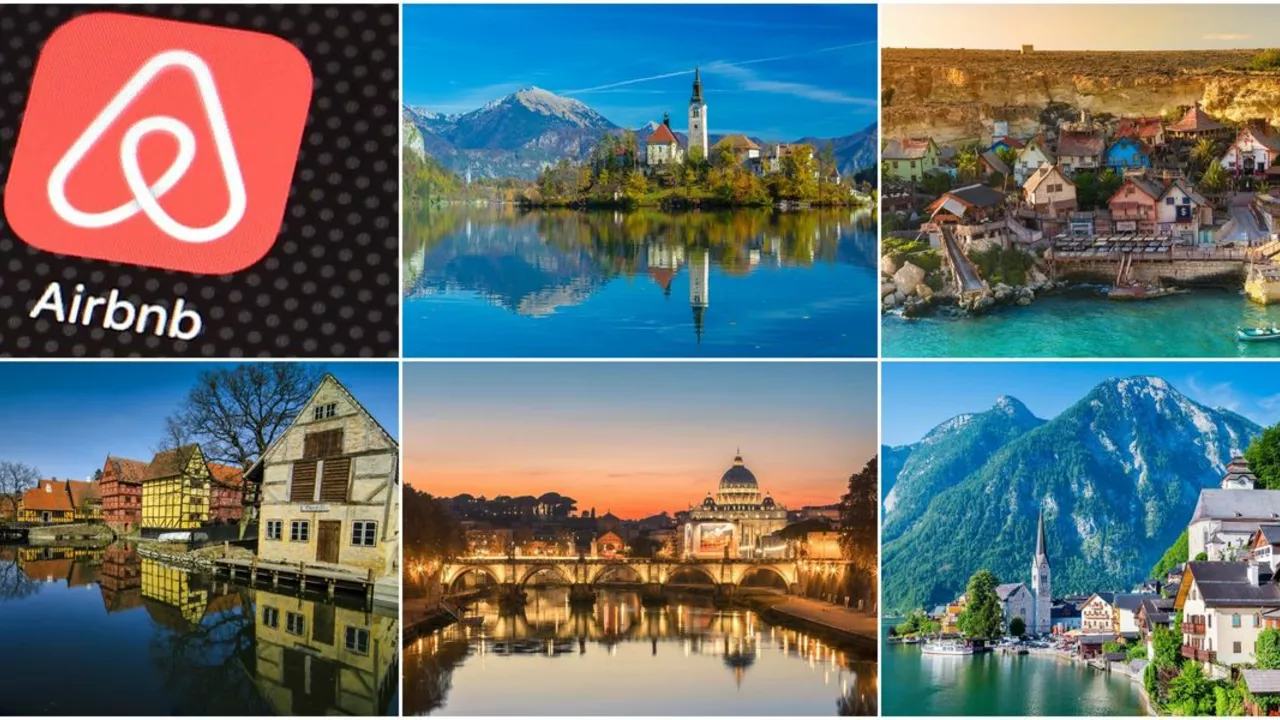
How has Airbnb affected the tourism industry?
Understanding the Airbnb Phenomenon
Before we delve into how Airbnb has affected the tourism industry, it's essential to understand what Airbnb is and how it operates. Airbnb is a digital platform that connects people looking to rent out their homes with people seeking accommodations in that locale. It's a simple concept that has revolutionized the way people travel, giving them a more local and personal experience compared to traditional hotel stays.
The Impact of Airbnb on Traditional Hotels
One of the most significant impacts of Airbnb on the tourism industry has been its effect on traditional hotels. Before Airbnb, tourists largely depended on hotels for accommodation. However, Airbnb has disrupted this norm by providing a more affordable and personalized alternative. This has forced hotels to rethink their strategies and offerings to remain competitive.
Increased Tourism in Non-Touristy Areas
Airbnb has also led to an increase in tourism in non-touristy areas. Because Airbnb properties are everywhere, tourists now have the opportunity to explore lesser-known areas and experience the local culture in a way that was not possible before. This has not only benefited the tourists but also the local communities who now have a new source of income.
Economic Impact on Local Communities
The economic impact of Airbnb on local communities cannot be overstated. By allowing homeowners to rent out their properties, Airbnb has created a new source of income for many families. Furthermore, the influx of tourists has led to increased business for local shops, restaurants, and other services. This has had a significant positive impact on the local economy.
Regulation and Legal Issues
However, the rise of Airbnb has not been without controversy. In many cities, Airbnb has faced legal challenges and pushback from local governments and residents. Issues such as zoning laws, taxation, and concerns about the impact on housing markets have led to increased regulation and in some cases, outright bans.
The Role of Airbnb in Sustainable Tourism
Airbnb has also played a significant role in promoting sustainable tourism. By enabling tourists to stay in residential areas, rather than overpopulated tourist spots, it has helped reduce the environmental impact of tourism. Additionally, Airbnb has launched initiatives to promote responsible travel and educate hosts and guests on sustainability.
The Effect of Airbnb on Tourism Marketing
The emergence of Airbnb has had a substantial effect on tourism marketing as well. With the rise of experiential travel, tourists are no longer content with the traditional 'one-size-fits-all' package tours. Airbnb has capitalized on this trend by marketing unique experiences, forcing tourism boards and travel agencies to follow suit.
Airbnb and the Sharing Economy
Airbnb's success has been a major factor in the rise of the sharing economy in the tourism industry. The idea of sharing resources, whether it's a spare room or a car ride, has gained traction, especially among younger travelers. This has led to the emergence of similar platforms and services, further transforming the tourism landscape.
The Impact of Airbnb on Travel Behavior
Airbnb has also significantly influenced travel behavior. With the affordable and diverse accommodation options that Airbnb offers, people are traveling more frequently and staying longer. It has also enabled people to travel to places they might not have considered before, thus broadening their travel experiences.
Looking Ahead: The Future of Airbnb and Tourism
Looking ahead, it's clear that Airbnb will continue to play a significant role in the tourism industry. As it continues to evolve and adapt to changing traveler demands and regulatory landscapes, its impact will only grow. However, it's also clear that Airbnb needs to continue working with local communities and governments to ensure its operations are sustainable and beneficial for all.